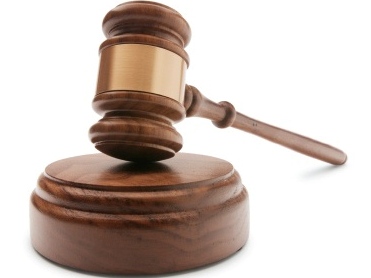It took 26 years to find out that he’s not an expert…
One of my friends is a TV producer and he’s recently been working on a documentary that just amazed me and I thought you may enjoy hearing of.
In 2007, Gene Morrison was convicted of a number of serious offences, including perjury. The reason for this is that he had successfully posed as an expert forensic scientist for some time, having taken some money from people and having even appeared repeatedly as an expert witness in court.

When I say “some time”, I could be more precise: I mean 26 years.
When I say “some money”, I mean over a quarter of a million pounds.
He was one of the favoured expert witnesses used in the Manchester area by the UK’s Crown Prosecution Service. Why? Apparently he had a good reputation. How reliable is reputation as a way to assess somebody’s competence? Read on…
As my friend was telling me this story, my mind turned to audit standards. In particular, my mind turned to ISA 620 Using the Work of an Auditor’s Expert.
In criminal investigations where forensic evidence is important, it’s clearly necessary to obtain expert testimony. The same applies with specialist areas of accounting that require non-accounting knowledge. Either the auditor can prove the necessary skills themselves, or can commission an expert.
The problem here is that where evidence comes from somebody who is less expert than they claim to be, evidence that appears to be reliable is actually then worthless. Good quality forensic evidence is destroyed by being handled by a charlatan.
Doctor Gene Morrison MSc PhD (or to give him his full list of titles, Gene Morrison) had run his own company, with the grandiose title of Criminal and Forensic Investigations Bureau (CFIB) on the basis that he obtained the work, then secretly contracted it out to unwitting genuine experts.
He collected the cash, claimed the work as his own and kept almost all of the cash. His knowledge of forensic science appeared to come exclusively from the complete box set of the CSI: Crime Scene Investigation TV shows.
Astoundingly, it appears that in the 700 or so investigations where he provided expert evidence, not one lawyer meaningfully verified his credentials. His statement that he was an expert appeared to be enough to be considered sufficient. He appeared as a witness in court many times, somehow bluffing his way through cross examination.
The criminal trial against him was thorough, and the jury found him guilty of 20 of the 21 charges against him.
An auditor following ISA 620 could almost certainly not have been hoodwinked even once by Mr Morrison’s scam. ISA 620 requires an auditor to verify the existence and quality of any qualifications an expert claims to hold. Critically, it also requires that the auditor know enough about the subject material to discuss the matter with the expert and reach a concurring opinion with them. This would surely be impossible with somebody who didn’t know a thing about the subject matter under discussion
He was eventually caught out when privately commissioned by some desperate and grieving parents who wished to know more of the circumstances of the sudden death of their son. Their dissatisfaction with the bewildering contents of his report caused them to conduct some cursory investigation of their own; shortly followed by a phone call to the police.
Mr Morrison was sent to prison for five years.







